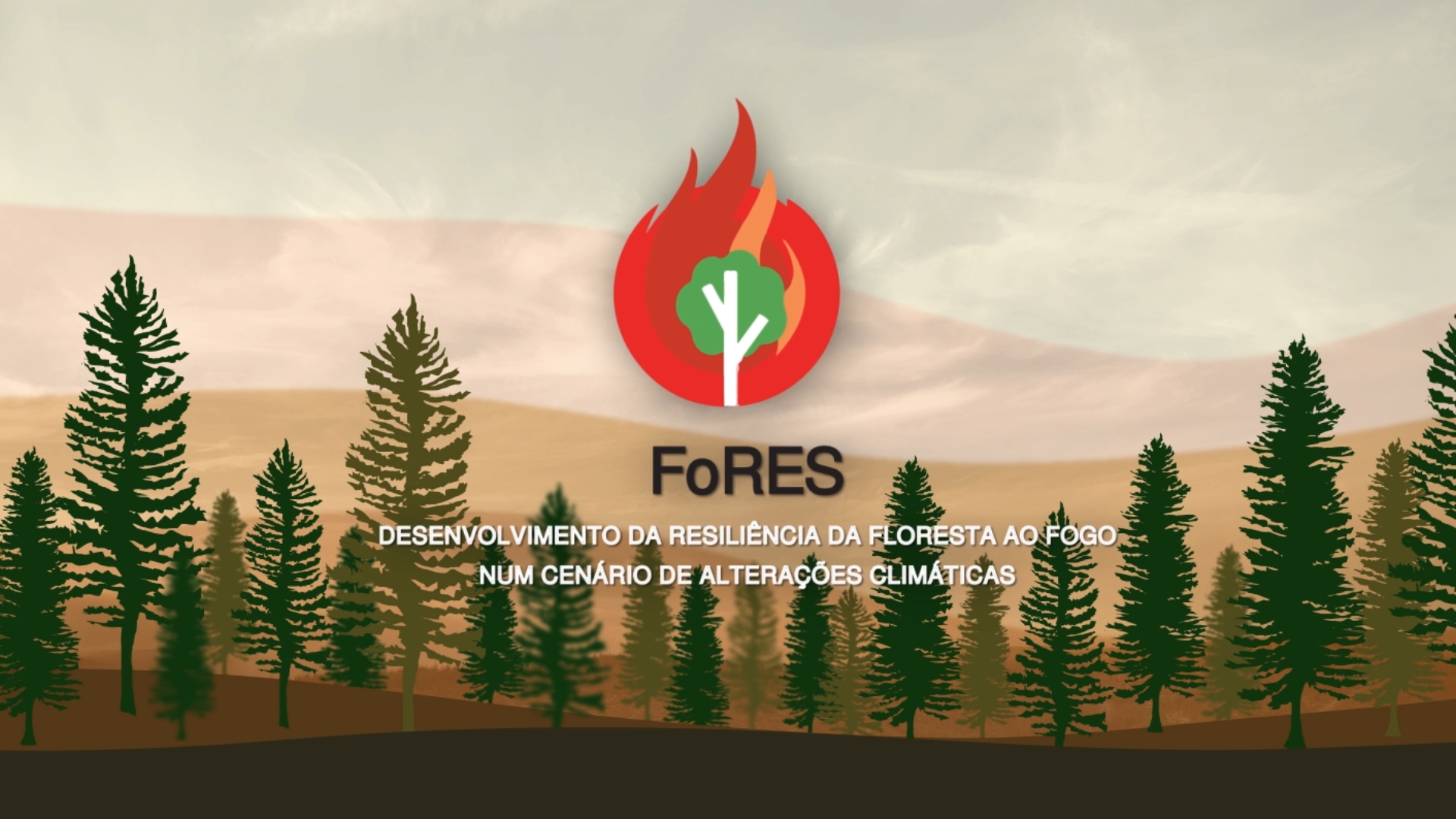Climate change is affecting forests in the Mediterranean region, particularly in southern Europe, where these ecosystems, increasingly subject to high temperatures and low rainfall due to climate change, are degraded by large and intense fires, which are occurring more and more frequently.
Preparing the forest and planning its management taking future climate scenarios into account has become imperative, an idea incorporated into the “FoRES – Developing Forest Resilience to Fire in a Climate Change Scenario” project, which held its final meeting on 30 April, entitled “Forest Management Challenges and Fire Risk. Capitalising on the results of the FoRES project”.
The Physics department of the University of Aveiro hosted the initiative, which was attended by representatives of the ICNF, Ovar Municipal Council, Forestwise, AGIF (Agency for Integrated Rural Fire Management), UTAD, CIRA (Intermunicipal Community of the Aveiro Region) and AFBV (Lower Vouga Forestry Association).
Coordinated by CESAM, the FoRES project has as partners the Norwegian Institute for Bioeconomics Research (NIBIO), the Collaborative Laboratory for Integrated Forest and Fire Management – Forestwise and the Association of Traditional and Environmental Agricultural Producers – APATA.
At the meeting, forest management scenarios subject to modelling were presented.
The meeting presented forest management scenarios subject to modelling of the spread of forest fires in future climate scenarios, which also analysed which management strategies or landscape transformation could result in a smaller area being burnt.
The forest management scenarios, which were created in collaboration with stakeholders and analysed in relation to fire and climate, proved to be a useful tool for assessing the landscape’s resistance to the spread of fire, which is highly dependent on the forest management strategies implemented.
The methodology developed by the FoRES project, which is potentially applicable to any forest area in the territory and takes into account future climate projections, combines several key aspects for the conservation of ecosystems, rural fire risk management and landscape management, from a perspective that is integrated with the interests of managers and owners.
Watch the project video here.
(Text by: Joaquim Pedro Ferreira)
